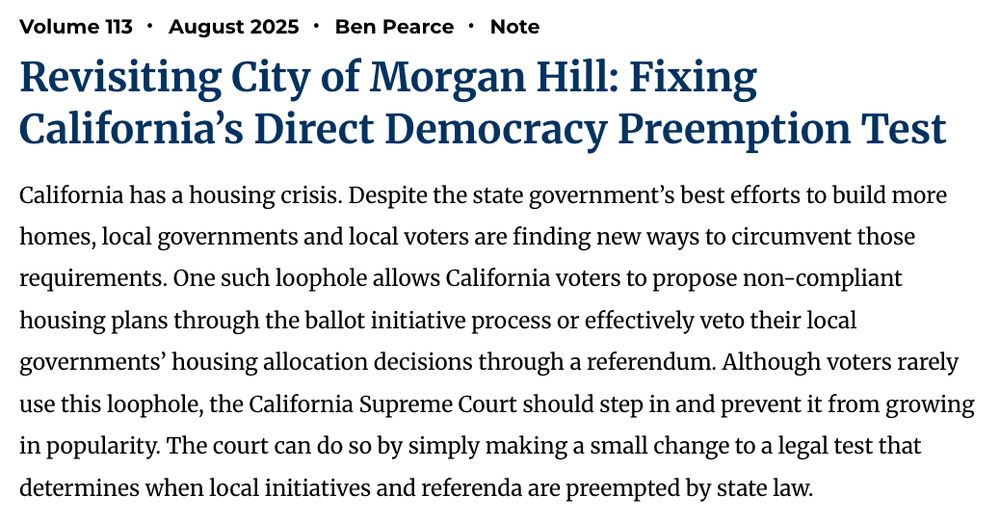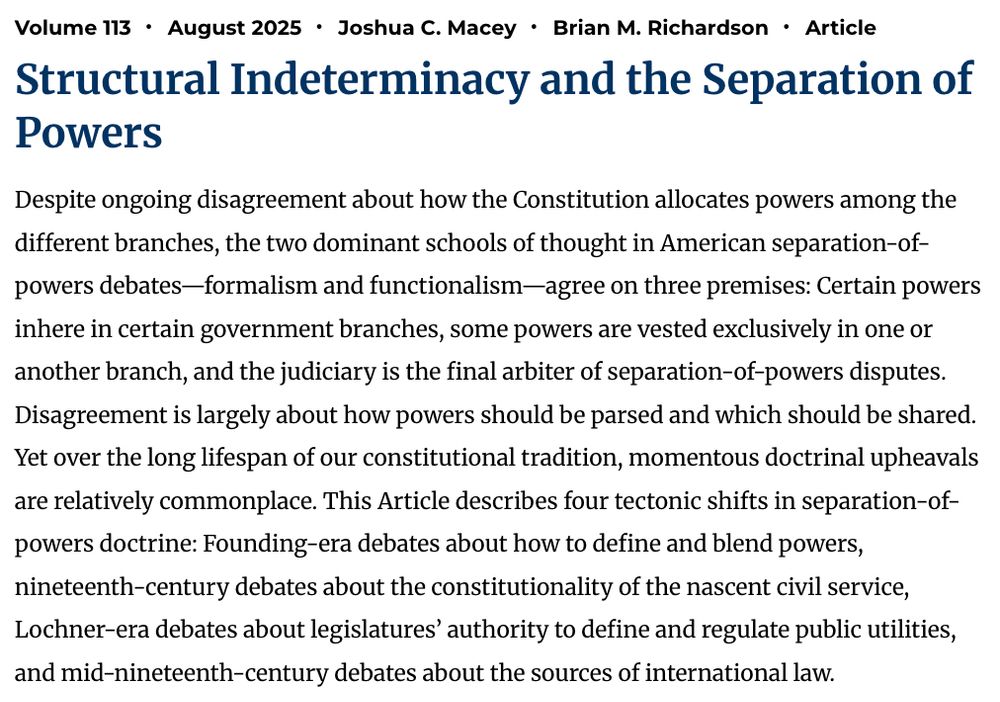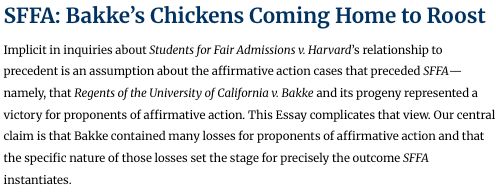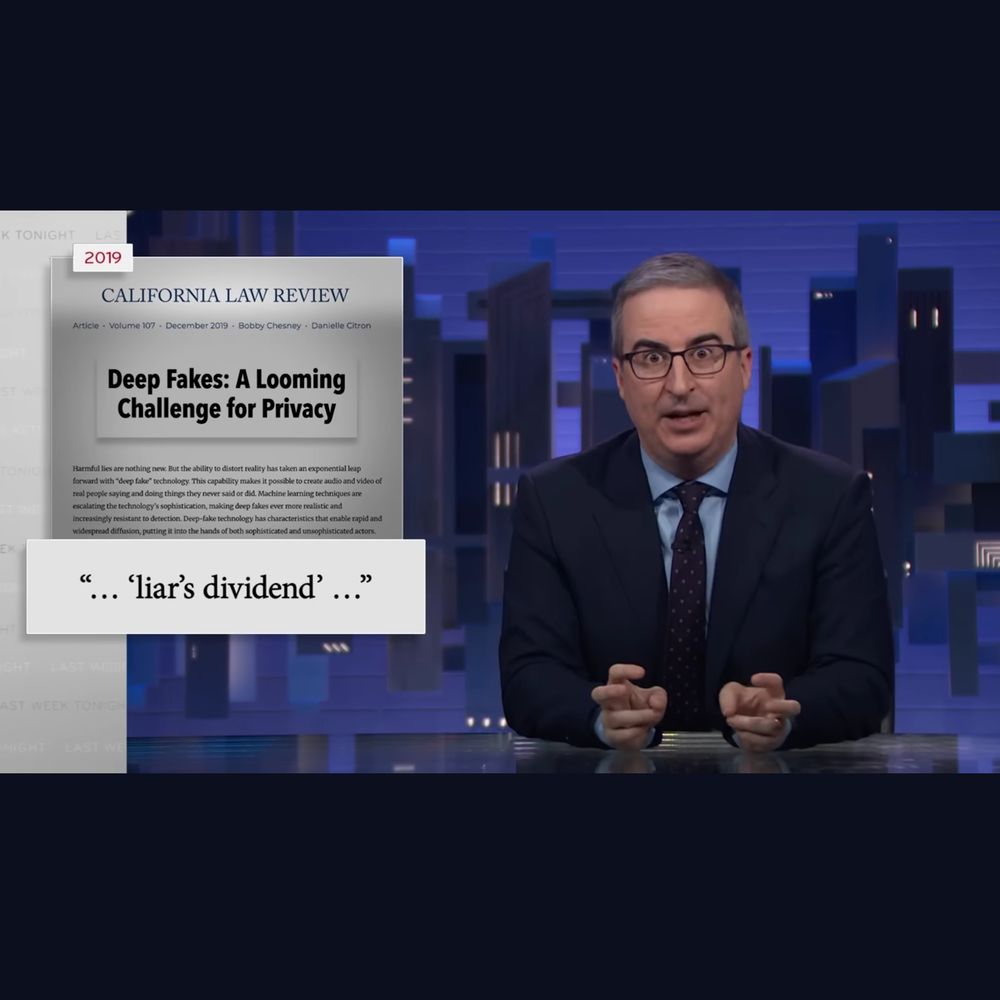California Law Review
@califlrev.bsky.social
110 followers
11 following
33 posts
The journal of UC Berkeley School of Law. Publishing cutting-edge legal scholarship since 1912.
linktr.ee/CaliforniaLawReview
Posts
Media
Videos
Starter Packs
























